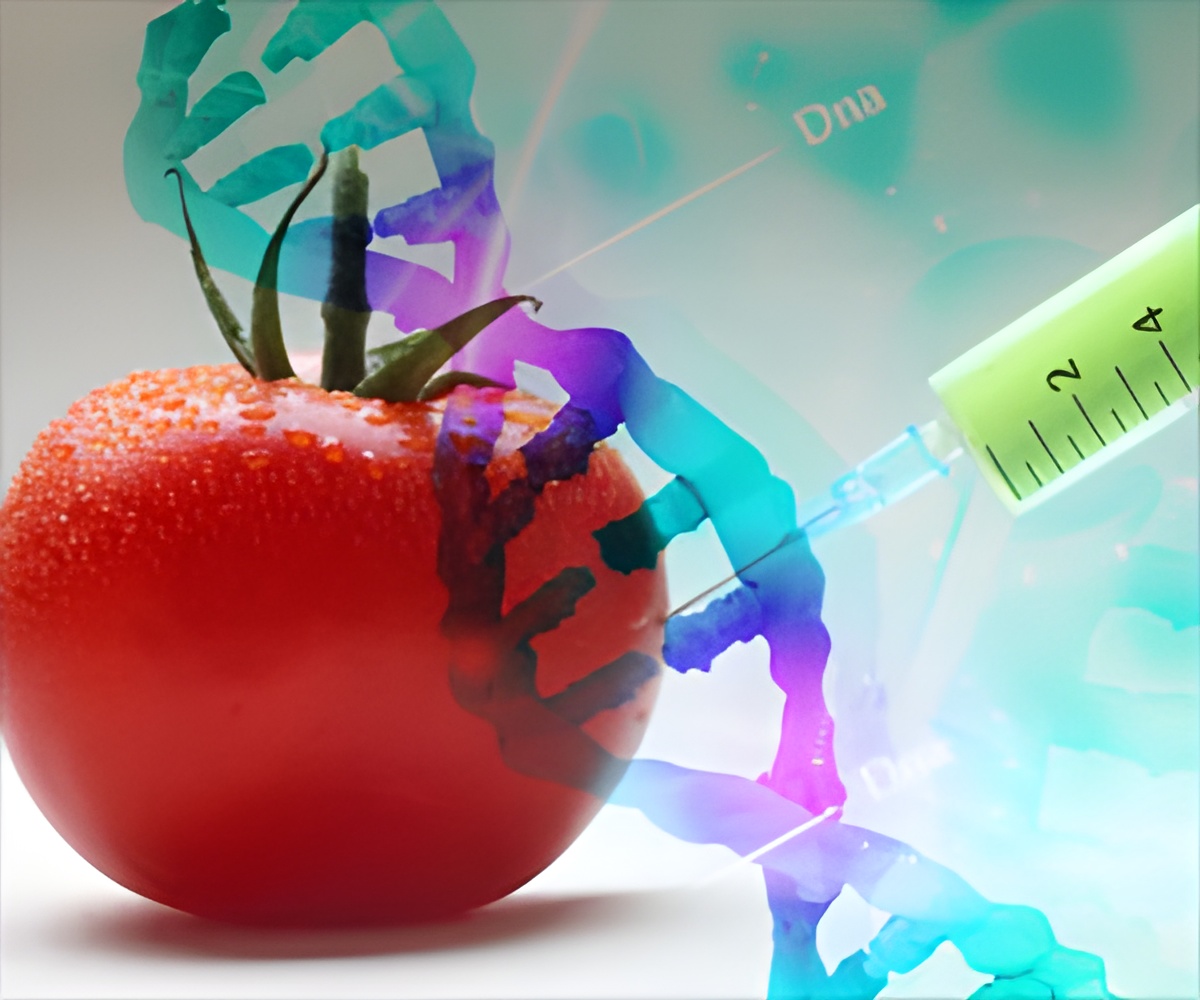
‘Despite a scientific consensus that GM foods are safe for human consumption and have the potential to provide significant nutritional benefits, many people oppose their use. More than 90 percent of study respondents reported some level of opposition to GM foods.’
Tweet it Now
Marketing and psychology researchers asked more than 2,000 U.S. and European adults for their opinions about GM foods. The surveys asked respondents how well they thought they understood genetically modified foods, then tested how much they actually knew with a battery of true-false questions on general science and genetics. "This result is perverse, but is consistent with previous research on the psychology of extremism," said Phil Fernbach, the study's lead author and professor of marketing at the Leeds School of Business. "Extreme views often stem from people feeling they understand complex topics better than they do."
A potential consequence of the phenomenon, according to the paper's authors, is that the people who know the least about important scientific issues may be likely to stay that way, because they may not seek out--or be open to--new knowledge.
"Our findings suggest that changing peoples' minds first requires them to appreciate what they don't know," said study co-author Nicholas Light, a Leeds School of Business PhD candidate. "Without this first step, educational interventions might not work very well to bring people in line with the scientific consensus."
The paper's authors also explored other issues, like gene therapy and climate change denial. They found the same results for gene therapy.
Advertisement
Fernbach and Light plan to follow this paper with more research on how their findings play into other issues like vaccinations, nuclear power and homeopathic medicine.
Advertisement

![Genetically Modified Food / Genetically Modified Organism [GMO] Genetically Modified Food / Genetically Modified Organism [GMO]](https://www.medindia.net/images/common/patientinfo/120_100/Genetically-Modified-Food.jpg)












